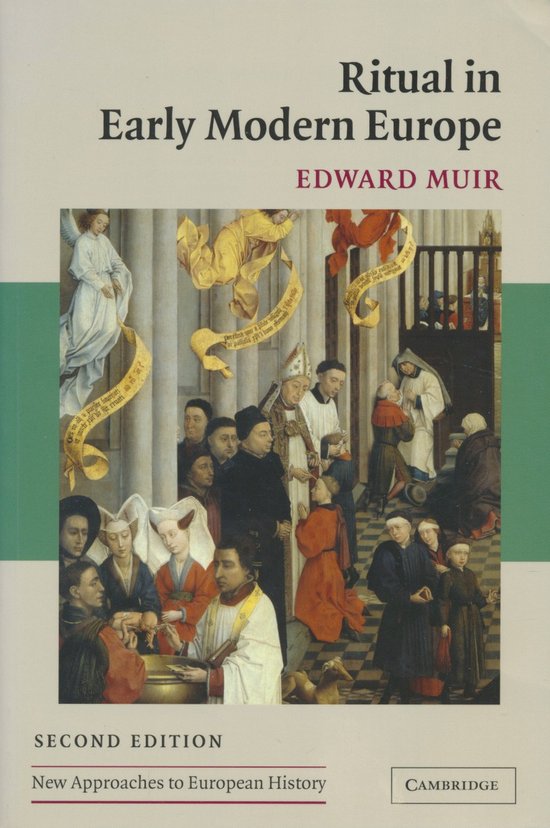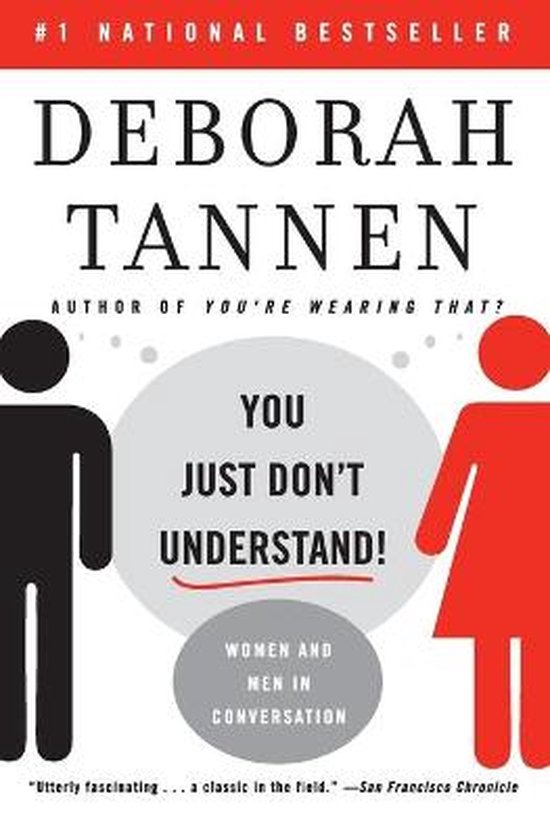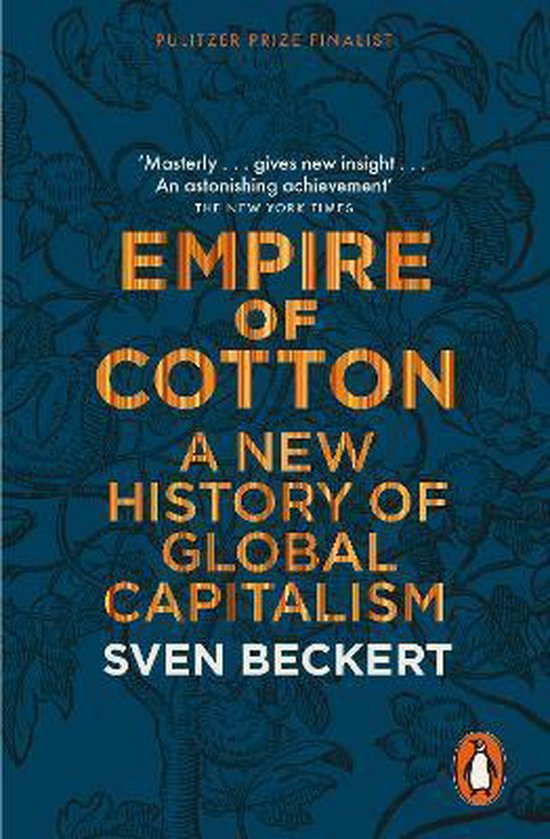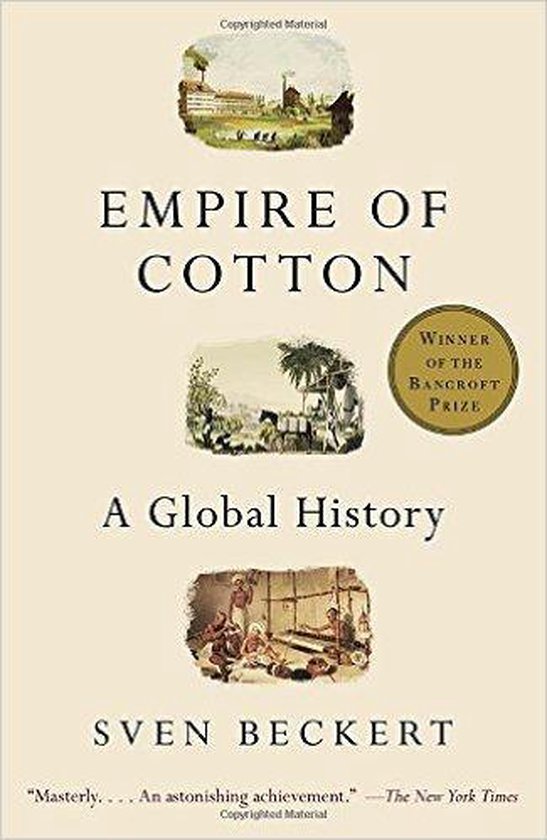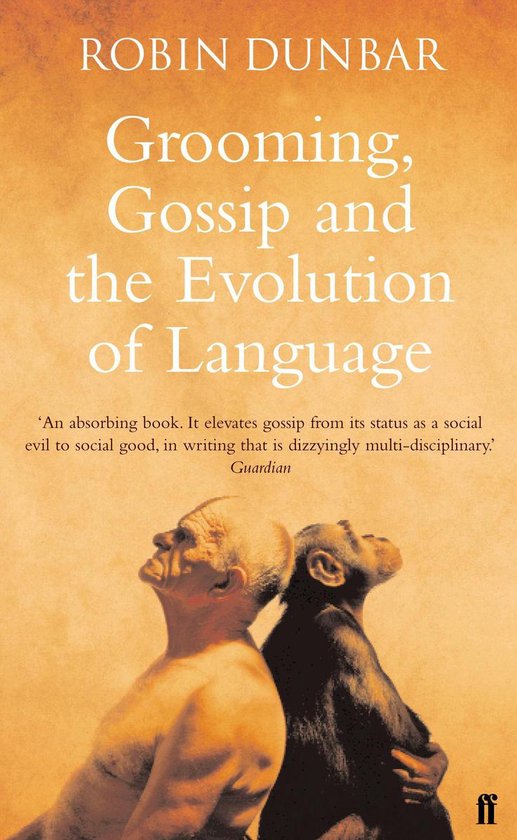
Grooming, Gossip and the Evolution of Language
Did mankind evolve unusually large brains simply in order to gossip? Primates differ from other animals by the intensity of their social relationships, by the amount of time they spend grooming one another. Not just a matter of hygiene, grooming is all about cementing bonds, making friends and influencing your fellow ape. Early humans, in their characteristic large groups of 150 or so, would have had to spend almost half their time in mutual grooming. Instead, Professor Robin Dunbar argues, they evolved a more efficient mechanism: language. It seems there is nothing idle about idle chatter. Having a good gossip ensures that a dynamic group - of hunter-gatherers, soldiers, workmates - remains cohesive. Men and women 'gossip' equally, but men tend to talk about themselves, while women talk more about other people, working to strengthen the female-female relationships that underpin both human and primate societies. Until now, most anthropologists have assumed that language developed in male-male relationships, during activities such as hunting. Dunbar's intriguing research suggests that, to the contrary, language evolved among women.
| Auteur | | Robin Dunbar |
| Taal | | Engels |
| Type | | E-book |
| Categorie | | Wetenschap & Natuur |

